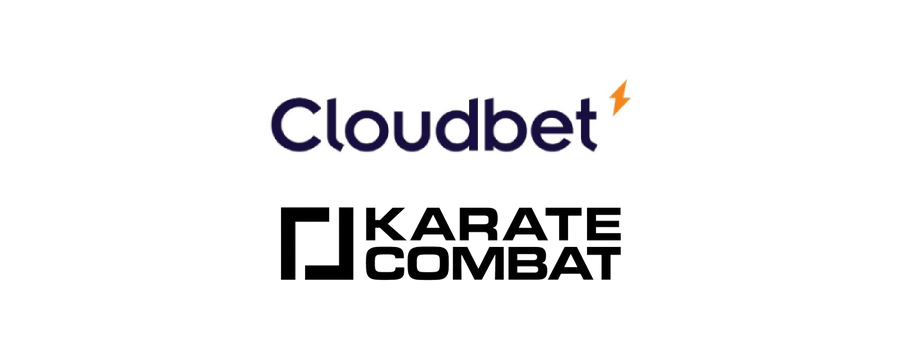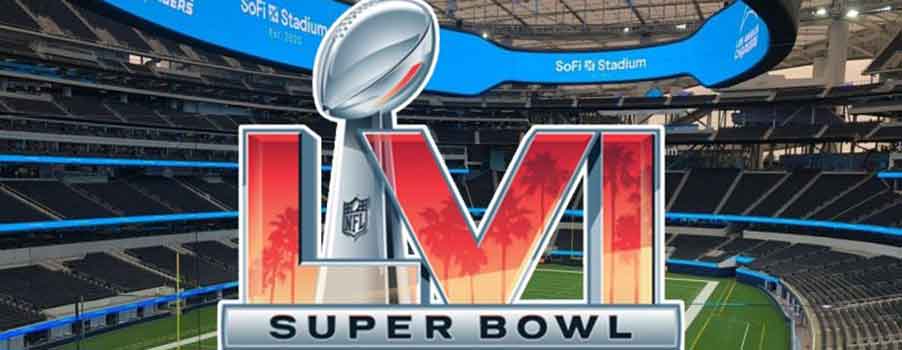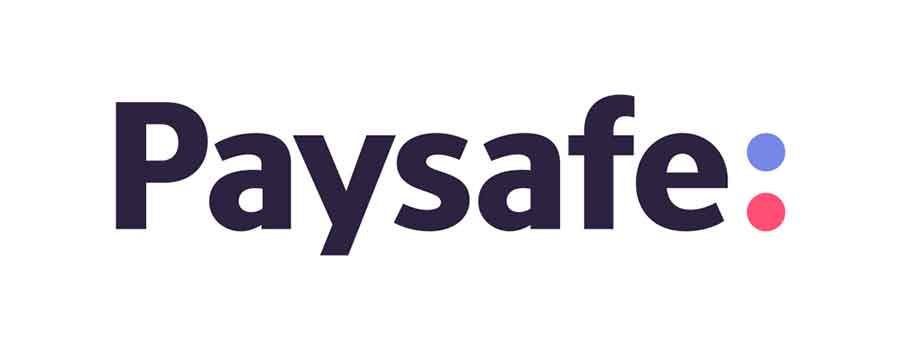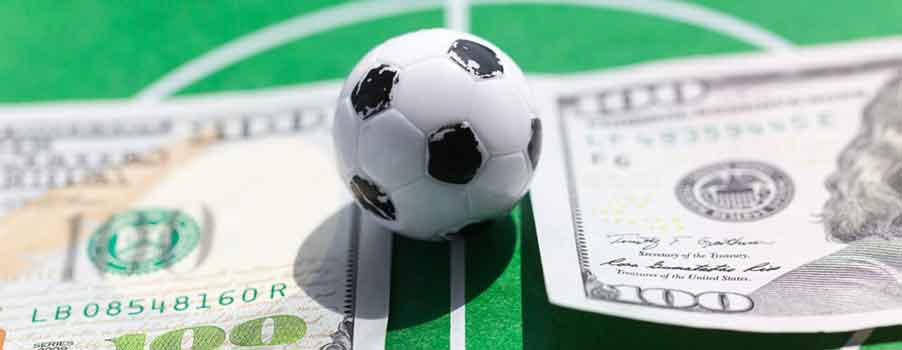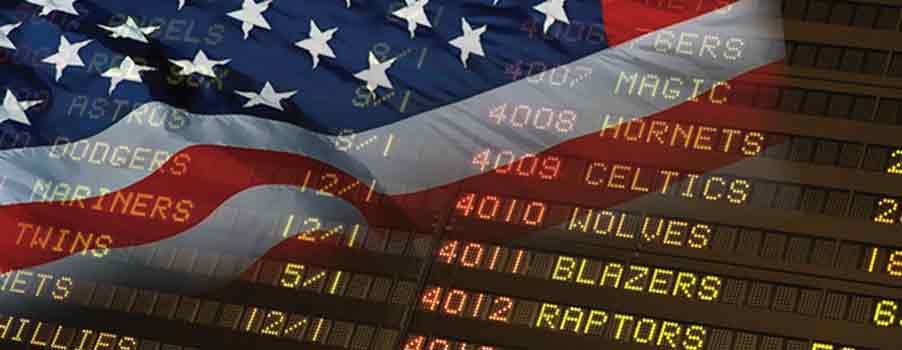In a move that is set to blur the lines between cutting-edge technology and high-octane sports entertainment, Cloudbet, the world’s longest-running crypto casino and sportsbook, has announced an exclusive partnership with Karate Combat. This collaboration designates Cloudbet as the “Official Online Casino and Sportsbook” of the martial arts league, introducing crypto betting as a core feature of Karate Combat’s digital ecosystem starting in 2025.
The partnership officially kicks off on January 24th at KC52, featuring a showdown between reigning Lightweight Champion Shahzaib Rind and former titleholder Edgars Skrivers. Fans can live-stream every Karate Combat event for free on Cloudbet.com, with integrated betting options for a seamless watch-and-bet experience.
What to Expect
Karate Combat, known for its immersive CGI environments and commitment to Web3 innovation, has always aimed to push the boundaries of fan engagement. This collaboration with Cloudbet aligns perfectly with its vision. The two organizations will integrate live betting odds, bespoke content, and real-time stat tracking into broadcasts, offering fans enhanced and interactive entertainment.
Cloudbet’s platform supports over 40 cryptocurrencies, including BTC, USDC, and HBAR, the latter powering Karate Combat’s $KARATE token. This token plays a central role in the league’s Web3 ecosystem, enabling fans to vote on matchups, participate in prize pools, and access exclusive content via the Karate Combat app.
Karate Combat’s unique position as “Web3’s First Sport” makes it a natural partner for Cloudbet, a pioneer in crypto gaming since 2013. With a roster featuring Olympic medalists and top fighters from disciplines like MMA, Muay Thai, and kickboxing, Karate Combat is broadcast in over 120 countries and streamed live without paywalls, setting a new benchmark for accessibility and engagement.
Both brands aim to establish themselves as leaders at the intersection of sports, technology, and cryptocurrency, which are dynamic and fast-growing sectors. Fans can also look forward to the rollout of more new features, including $KARATE token betting and real-time odds, further enhancing their connection to the action.
Setting The Standard for the Future of Crypto Sports Betting
Beyond betting, this partnership aims to deepen fan interaction through exclusive features. Cloudbet’s VIPs will enjoy branded seating and hospitality at events, while branded fighter standings and pre-show analysis ensure premium visibility for the casino. Pete Vesey, Karate Combat’s Chief Commercial Officer, emphasized that this collaboration goes beyond traditional sponsorships, aiming to “redefine combat sports entertainment.”
This will not only provide fans with instant access to odds but will also enable betting directly within the broadcasts. Cloudbet’s CEO highlighted how crypto-based betting aligns with the ethos of innovation that Karate Combat champions, marking a new chapter for both industries.

